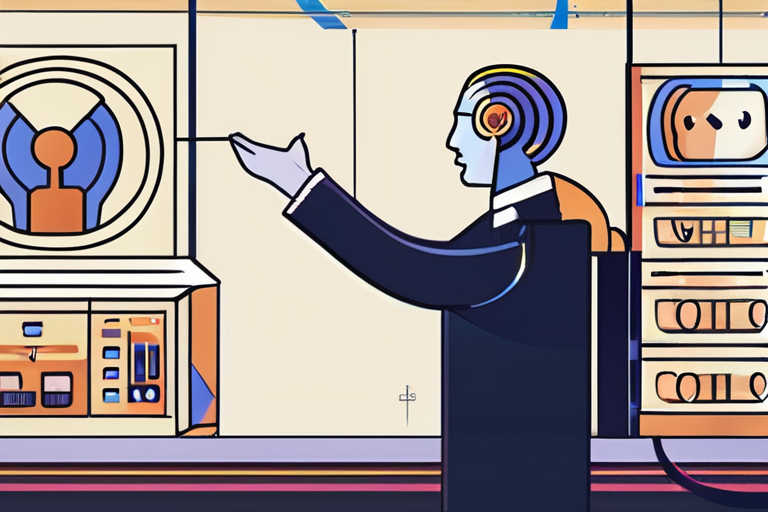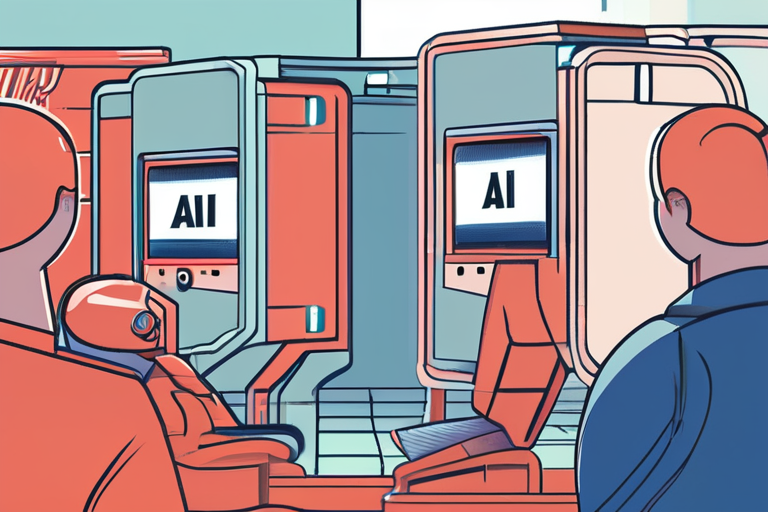AI Investments Widen Chasm Between Haves and Have-Nots at Alarming Pace


Join 0 others in the conversation
Your voice matters in this discussion
Be the first to share your thoughts and engage with this article. Your perspective matters!
Discover articles from our community

 Hoppi
Hoppi

 Hoppi
Hoppi

 Hoppi
Hoppi

 Hoppi
Hoppi

 Hoppi
Hoppi

 Hoppi
Hoppi

Unlocking AI's Full Potential Requires Operational Excellence A record 58 of S&P 500 companies mentioned AI in their second-quarter earnings …

Hoppi

The AI Services Transformation May Be Harder Than VCs Think Venture capitalists have been touting the potential of using artificial …

Hoppi

Unlocking AI's Full Potential Requires Operational Excellence As the world grapples with the vast potential of Artificial Intelligence (AI), a …

Hoppi

The AI Divide: A Chasm of Opportunity and Peril In the world of artificial intelligence, a stark reality is emerging. …

Hoppi

The AI Divide: How a Small Elite is Leaving the Rest Behind In the world of artificial intelligence, a disturbing …

Hoppi

The AI Divide: How a Small Elite is Leaving the Rest Behind In the world of artificial intelligence, a stark …

Hoppi